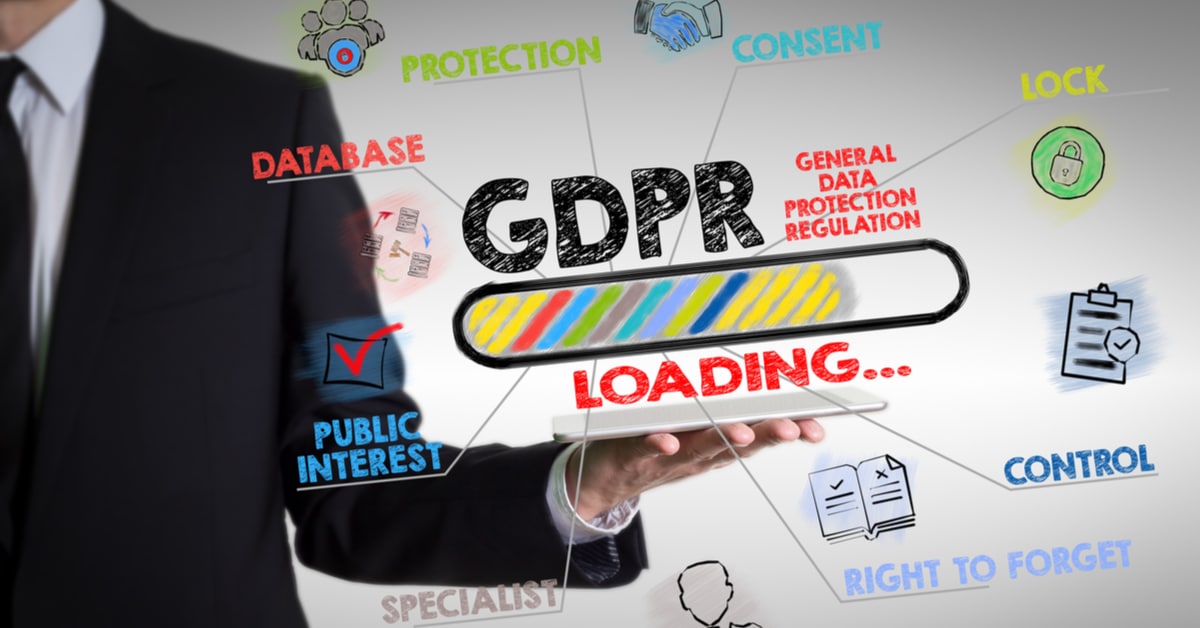Personalization has become a powerful tool in digital marketing in recent years. The ability to tailor marketing messages and campaigns to specific individuals based on their interests, behavior, and demographics has proven to be an effective way to increase engagement and conversion rates.
One of the key benefits of personalization is that it can help to build stronger relationships with customers. By providing a more personalized experience, businesses can show their customers that they understand their needs and preferences, and that they are willing to go the extra mile to meet them. This can lead to increased loyalty and repeat business, as well as more positive word-of-mouth marketing.
Another benefit of personalization is that it can help to improve the overall effectiveness of marketing campaigns. By targeting specific segments of the population, businesses can ensure that their messages are reaching the people most likely to be interested in their products or services. This can lead to higher conversion rates, as well as more efficient use of marketing resources.
Personalzation can also help businesses to stay ahead of the competition. As more and more companies adopt personalization strategies, it will become increasingly important for businesses to differentiate themselves in order to stand out. By providing a more personalized experience, businesses can set themselves apart and attract customers who are looking for a more personalized experience.
There are several ways that businesses can incorporate personalization into their digital marketing strategies. One approach is to use data and analytics to better understand customers and target their messaging and campaigns accordingly. This can include things like tracking customer behavior on a website, analyzing social media data, or using data from other sources such as email marketing campaigns.
Another approach is to use personalization tools and technologies to deliver more personalized experiences. This can include things like personalization software, which can be used to create customized content and messages based on customer data, or personalization platforms, which can be used to create personalized landing pages and other marketing assets.
One example of personalization in digital marketing is email marketing. Email marketing is one of the most effective ways to reach customers, as it allows businesses to send targeted messages directly to their inboxes. Personalization can be used to create more engaging and relevant email campaigns. This can include things like segmenting email lists based on customer demographics or behavior, and then sending targeted messages to specific segments. It can also include dynamic content, which changes depending on the recipient’s behavior, location, and other factors.
Another example of personalization in digital marketing is through website personalization. Website personalization can be used to create a more personalized experience for visitors. This can include things like displaying different content or offers based on the visitor’s location, browsing history, or other data. Additionally, website personalization can be used to create targeted landing pages for different segments of the audience, which can be used to increase conversion rates.
In addition, personalization can also be used in social media marketing. Social media platforms like Facebook and Instagram allows for businesses to create targeted ads based on demographics, interests, behaviors, and more. Additionally, businesses can create custom audiences based on website visitors and engage with them through personalized messages or promotions.
Personalization can also be used in mobile marketing. With the rise of mobile usage, businesses can use mobile personalization to reach their customers where they are spending most of their time. This can include location-based targeting, push notifications, and in-app messaging.
Personalization also has an impact on SEO. By creating personalized content for different segments of the audience, businesses can improve their search engine rankings and visibility. Additionally, by personalizing the website’s user experience, businesses can reduce bounce rate and increase the time that users spend on the website.




